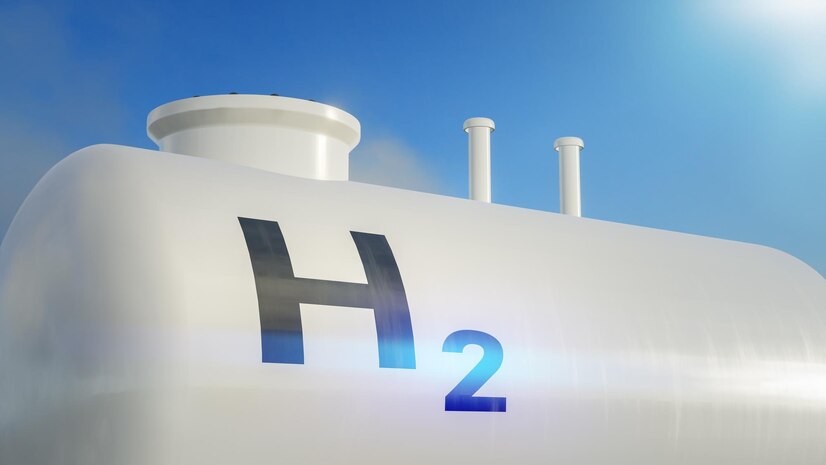Hydrogen energy is produced by electrolyzing water using electricity, ideally generated from renewable sources such as solar or wind power. In the future, renewable hydrogen is expected to play a vital role in decarbonizing various sectors, including transportation, industry, and power generation. Businesses that proactively explore renewable hydrogen now can position themselves ahead of the curve by researching its potential to reduce carbon emissions.

The Future of Hydrogen Energy
Is Hydrogen the Fuel of the Future?
Factors that Affect Demand and Implementation
Current Situation
Importers and Exporters of Renewable Hydrogen
Businesses Must Start Researching Now
Implementing hydrogen renewable energy requires businesses to thoroughly research the technology to ensure a successful transition. Firstly, in-depth research allows companies to understand the various hydrogen production methods, storage options, and potential applications, enabling them to make informed decisions based on their specific needs and goals.
Secondly, research helps businesses identify any potential challenges associated with adopting hydrogen energy, thereby enabling them to develop effective risk mitigation strategies. Moreover, studying existing hydrogen projects and success stories from other companies provides valuable insights and lessons that can guide businesses on the right path.
Research on Using Hydrogen Renewable Energy
Research focused on using hydrogen renewable energy is essential to explore its diverse applications across various industries. In the transportation sector, studying hydrogen fuel cells can lead to the development of eco-friendly vehicles with longer ranges and shorter refueling times. Similarly, in the energy sector, research can improve hydrogen production methods, optimizing electrolysis and steam methane reforming processes.
Investigating hydrogen storage solutions, such as underground caverns or metal hydrides, ensures efficient and safe utilization. Additionally, research can enable the integration of hydrogen into industrial processes, like steel and chemical production, reducing carbon emissions significantly.
Research on Improving Hydrogen Renewable Energy
As new research about hydrogen renewable energy emerges, businesses must remain vigilant in staying up-to-date with the latest innovations and findings. One significant concern highlighted by recent studies is that hydrogen may lose its environmental edge if it seeps into the atmosphere. When hydrogen escapes, it can lead to a reduction in the concentration of molecules that help destroy greenhouse gases, contributing to global warming.
To address this issue, businesses need to invest in research focused on preventing hydrogen leakage and improving containment methods during production, storage, and transportation. Developing advanced technologies and stringent safety protocols can minimize hydrogen losses, ensuring its role as a clean and sustainable energy source remains uncompromised.
How We Can Help at SAAB RDS
Decarbonization is one of the most important factors driving the future of energy through the use of technologies that target the reduction and elimination of hydrocarbon-based fuels from the value chain. In the quest to decarbonize the economy, hydrogen has been identified as a modality that can replace as much as 10% of the total final energy consumption by 2050, but a lot of research still needs to happen to streamline hydrogen production, storage , and transportation. One key research line is for example reconverting ammonia to o hydrogen, as are scaling up many of these technologies to the industrial level.
To facilitate this research, SAAB RDS offers comprehensive solutions tailored to energy research, with special focus on renewable energies. Whatever your research project, we can support you with the right solution to accelerate your discovery path.
